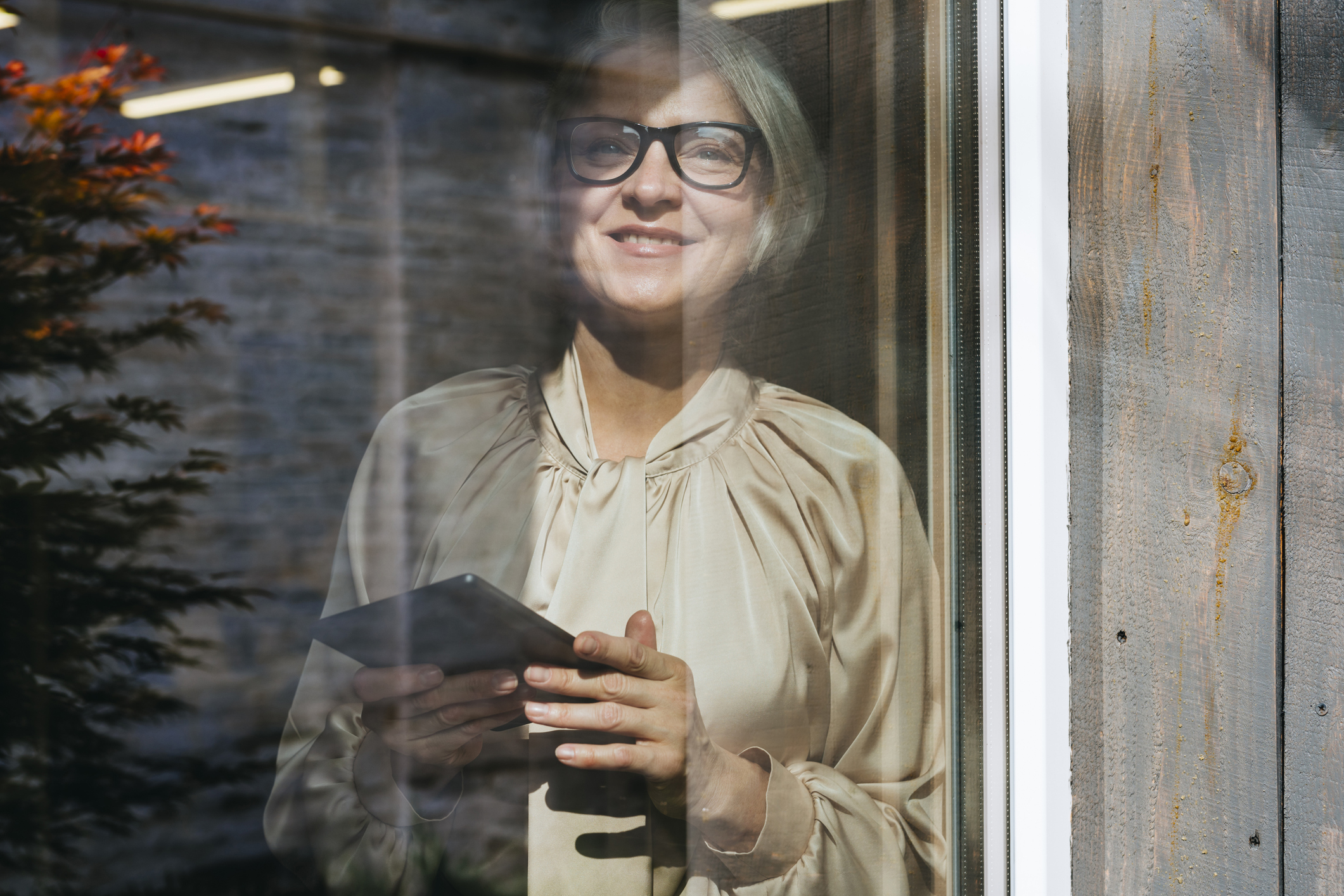July 2023
Is Solar Energy Worth It In The UK? Exploring the Benefits & Costs
Calculate Your Savings with A Solar Cost Calculator. Determine the financial feasibility of solar power for your home.

In simple terms, solar means converting the energy from the sun into power. This could be either electricity or heat, both of which are generated through the use of solar panels. We’ll be taking your through the benefits and associated costs should you want to move towards energy independence.
Solar Cost Calculator
Understanding when your investment will break even is at the forefront of most customers' minds. We’ve included a handy resource that will help you calculate how long before you break even when investing in a solar panel system. Solar Energy Calculator. Sound good? You can get a free bespoke quote here.
Economic benefits of solar
You can save up to 70% on your energy bills by using the energy you generate and if you have a battery installed you can store up energy and use it later.
- The energy market is volatile. By having more energy independence you can protect yourself from the ups and downs of wholesale energy prices.
- Until March 2027 you can benefit from 0% VAT on your solar installation.
- Having solar panels has the potential to increase the value of your home. Making energy-conscious upgrades, and with a higher EPC rating, you can add value to your property. Around 14% of homes increase from a rating of G to A, according to Money Supermarket.
Environmental benefits of solar
Along with the economic benefits, investing in solar means taking a step towards a cleaner and greener future.
- Energy generated from your solar panels is 100% renewable. It’s also technically limitless, so long as we have a sun, we can generate solar energy.
- They do not produce carbon emissions or greenhouse gases. Compared to fossil fuels, solar panels don’t need any other resources except for water. Moving away from fossil fuels means you’re choosing a cleaner and greener way of living.
- Solar panels mean you are not as reliant on the grid, which means reducing carbon emissions.
How long will it take to break even?
Knowing how long before your investment becomes viable is something to consider before making a decision. On average it can take around 10 years to see a return on your investment, but you can see paybacks from as soon as 6 years. However, numerous factors can affect this, so you should use the calculator above. Factors such as the size of the installation, your electricity usage and where you live influence how long it would take to break even on your solar investment. This also coupled with whether or not you have a battery installed as part of your setup, can affect the investment further.
Is solar suitable for you?
We understand every investment requires a lot of thought. With a solar panel system, there’s a few things you should be aware of before you make your decision.
- In the UK, the best direction for a roof to face is south, provided it isn’t covered by shade. Solar panels will work on an east or west-facing roof with a slope, or pitch, of between 15 and 45 degrees, generating enough energy for home use. Panels facing to the north will not generate sufficient energy. Our blog "are solar panels suitable for your house" covers this in more detail
- For many, the costs of a solar panel system can be the dealbreaker. It’s important however to understand this is a long-term investment that yields both economic and environmental benefits in the long term. If you own the property or have a long lease, solar will definitely be a worthwhile investment, and if you’re especially environmentally conscious it makes a lot more sense. You may be eligible for a solar panel grant or scheme.
Read more on solar energy:
Final thoughts
At So Energy we’re committed to a greener and cleaner future, and part of that is made possible by inspiring our customers. Investing in Solar means making a conscious move away from fossil fuels and gaining energy independence. Our smooth customer experience means you can rest assured that we’ll guide you through the process. Remember to sign up for a solar energy quote by following this link.







